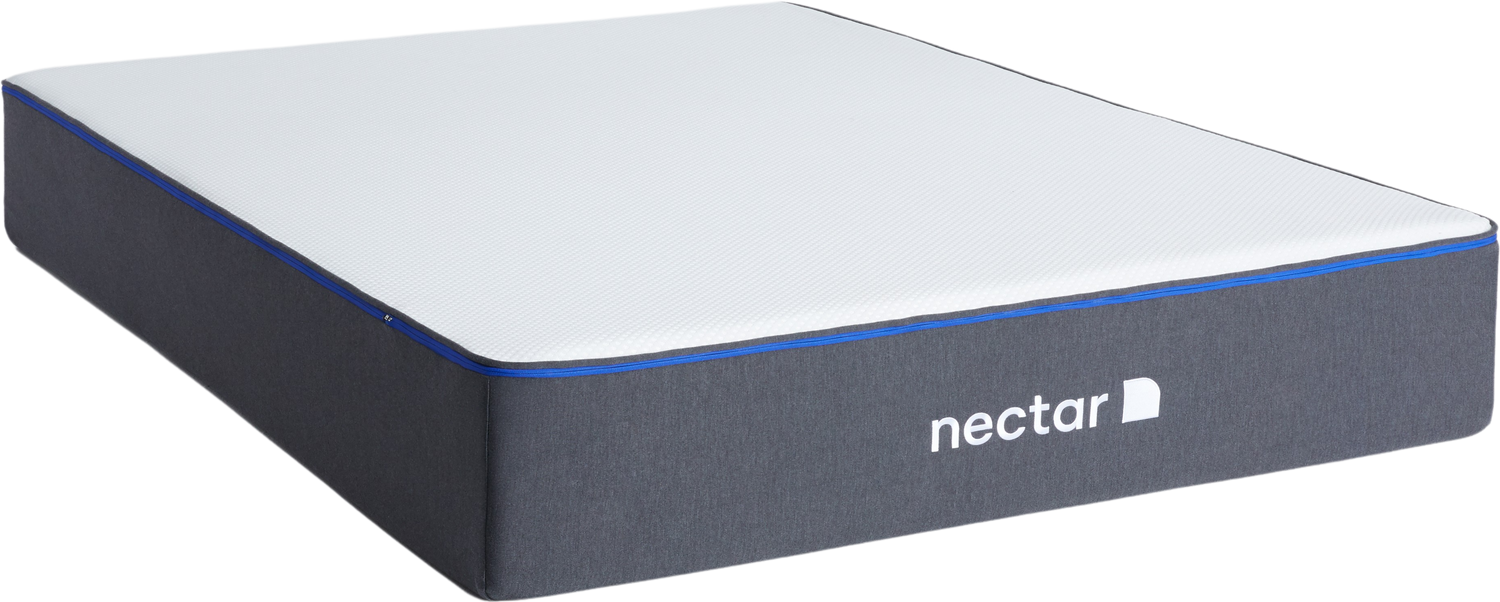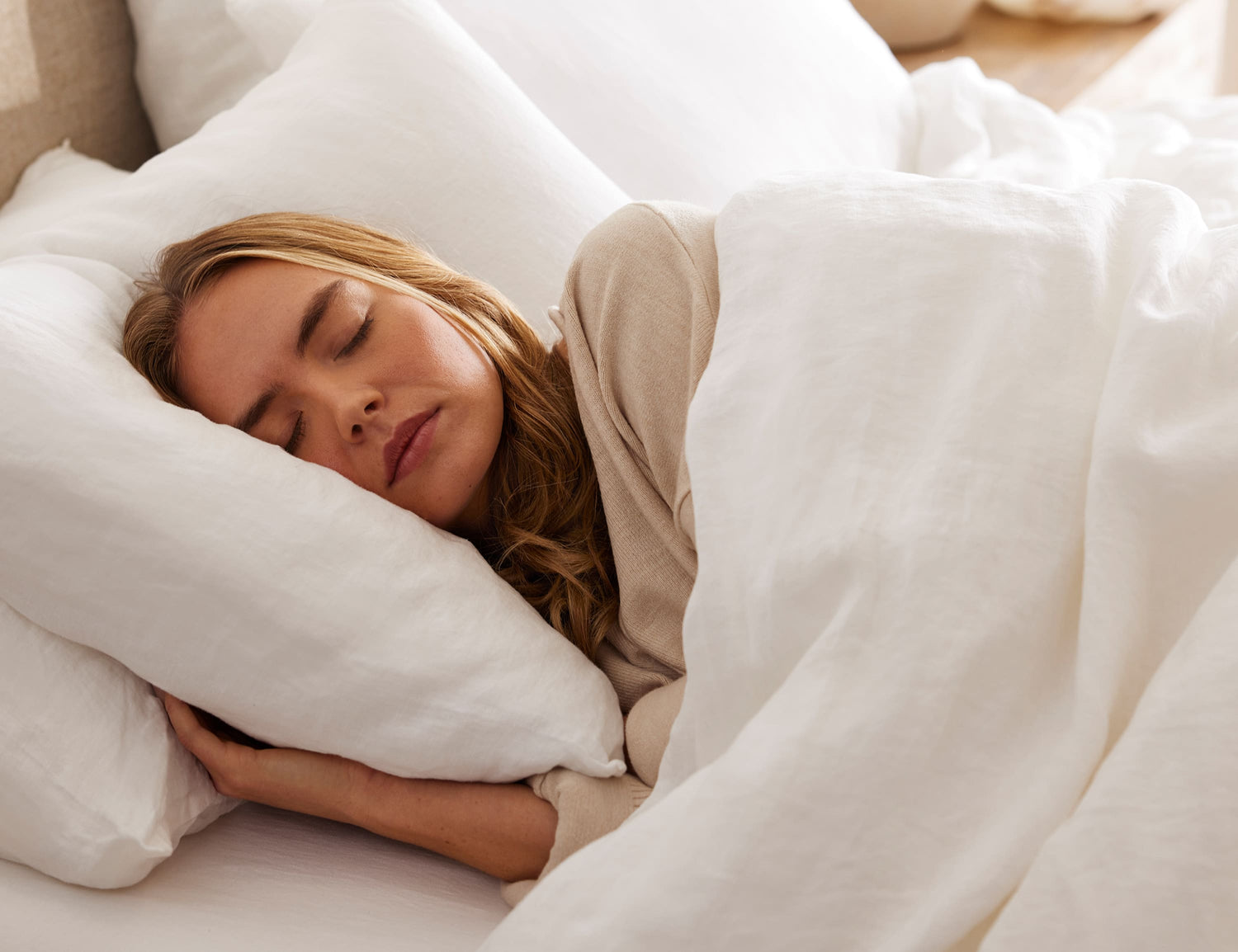Night sweats 101
Night sweats are episodes of excessive sweating during sleep. We’re not talking about being a little warm under a duvet — we mean waking up soaked, sometimes needing to change clothes or bedding. They can be occasional or nightly, mild or intense, and they can seriously disrupt your sleep.
Common causes
There are several reasons you might experience night sweats:
-
Stress and anxiety: Your body’s stress response doesn’t clock off at bedtime.
-
Medications: Certain antidepressants, steroids, or fever-reducing drugs can trigger sweating.
-
Infections or illness: Fever or infections often come hand-in-hand with night sweats.
-
Hormonal changes: And this is where menopause comes into play for millions of women.
Menopause and night sweats
If you’re around 40–55, fluctuating hormones — especially falling oestrogen levels — could be the reason you’re drenched at 2am. Menopause affects the body’s temperature regulation system, which can lead to hot flushes and night sweats.
These aren’t just a minor inconvenience. Night sweats disrupt sleep, and over time, poor sleep can lead to fatigue, irritability, and even brain fog. It’s a cycle that affects your energy, mood, and overall wellbeing.
Other menopause signs and symptoms that link to night sweats
Menopause brings a mix of changes that can make night sweats worse, including:
-
Insomnia and restless sleep
-
Mood swings and anxiety
-
Muscle tension and headaches
-
Weight changes or bloating
Understanding that night sweats are part of a bigger hormonal picture can help you approach them with practical solutions rather than frustration.
How to manage night sweats
While there’s no one-size-fits-all fix, there are ways to reclaim your nights:
-
Keep your bedroom cool: Fans, open windows, or breathable bedding can help.
-
Sleepwear matters: Choose light, moisture-wicking fabrics.
-
Lifestyle tweaks: Reduce alcohol, caffeine, and spicy foods in the evening.
-
Relaxation routines: Yoga, meditation, or gentle stretches before bed can calm your system.
-
Medical options: If night sweats are severe, your doctor can advise on treatments like HRT or non-hormonal alternatives.
When to see a doctor
Not all night sweats are menopause-related. If you’re younger, have sudden or extreme sweating, or other concerning symptoms like unexplained weight loss or fever, it’s wise to check in with a healthcare professional.
The bottom line
So, why do I have night sweats? For many women in midlife, it’s the hormonal rollercoaster of perimenopause or menopause. But there are practical ways to manage them — from lifestyle tweaks to professional support.
Remember: you don’t have to suffer in silence. With the right approach, better nights (and dryer sheets) are totally possible.
This blog post is for informational purposes only and does not constitute medical advice. If you have concerns about your sleep, health, or wellbeing, please consult your GP or a qualified healthcare professional. The views expressed in this post are those of the author and are intended to share general insights, not to diagnose or treat any condition.




